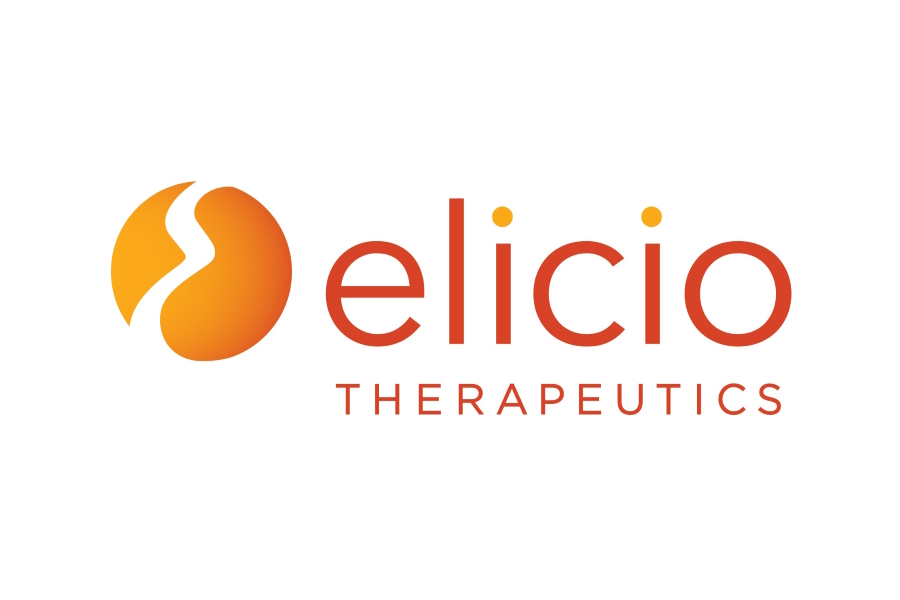Angion stock falls after agreeing Elicio Therapeutics merger

Angion Biomedica ended 2022 in the midst of a strategic review after its lead drug for kidney diseases flamed out, and it has now charted a path forward – a reverse merger with clinical-stage biotech Elicio Therapeutics.
Shares in the company fell sharply this morning after the announcement of the deal, which will see the two companies combine behind lead programme ELI-002, an immunotherapy targeting KRAS-driven cancers that is currently in a phase 1 trial in pancreatic ductal adenocarcinoma and colorectal cancer.
It leaves shareholders in Angion with an approximately one-third share of the combined company with two-thirds held by Elicio investors, and with the latter's current management taking over the executive positions headed by chief executive Robert Connelly. Once the merger completes, the company will operate as Elicio Therapeutics.
Angion chalked up a series of trial failures for its hepatocyte growth factor (HGF) mimetic ANG-3777 over the last couple of years, and turned its attention to tyrosine kinase receptor inhibitor ANG-3070 in kidney diseases and fibrotic disorders, before abandoning the drug due to safety concerns in the middle of 2022.
It launched a strategic review shortly afterwards, looking into a possible sale of the business, which was left with around $63 million in cash and liquid investments, and preclinical-stage ROCK2 and aldosterone synthase inhibitors.
Enter Elicio, which will pick up Angion's cash reserves and inherit its Nasdaq listing, getting access to public markets without the expense of an initial public offering. The company's pipeline rests on a proprietary lymph node-targeting Amphiphile (AMP) technology, targeting the site in the body where immune responses are orchestrated.
[caption id="attachment_105695" align="alignright" width="180"] Darrell Irvine[/caption]
Darrell Irvine[/caption]
The AMP technology was developed by the laboratories of Darrell Irvine, professor of biomedical engineering in the Koch Institute of Integrative Cancer Research at MIT, who is a co-founder of Elicio, as well as serving as a consultant to the company and head of its scientific advisory board.
Elicio started dosing subjects in its AMPLIFY-201 phase 1 trial of ELI-002 in October 2021, and according to Connelly is now completing the dose-escalation phase of the study.
"We believe Elicio is at the forefront of changing the tide regarding how cancers with these mutations, which account for 25% of human solid tumours, are treated," he said. "We believe this merger reflects the strength of the ELI-002 programme, our pipeline, and the value-creating potential of our lymph node-targeting approach to treating cancer and other diseases by engaging lymph nodes."
An immunotherapy approach to targeting KRAS would provide an alternative to pharmacological therapies addressing the biomarker, namely Amgen's Lumakras (sotorasib) and Mirati's Krazati (adagrasib) for KRASG12C-mutated lung cancers.
"We believe this merger will provide Angion shareholders the opportunity to meaningfully participate in a company treating cancer patients in an innovative way," commented Angio CEO Jay Venkatesan.












